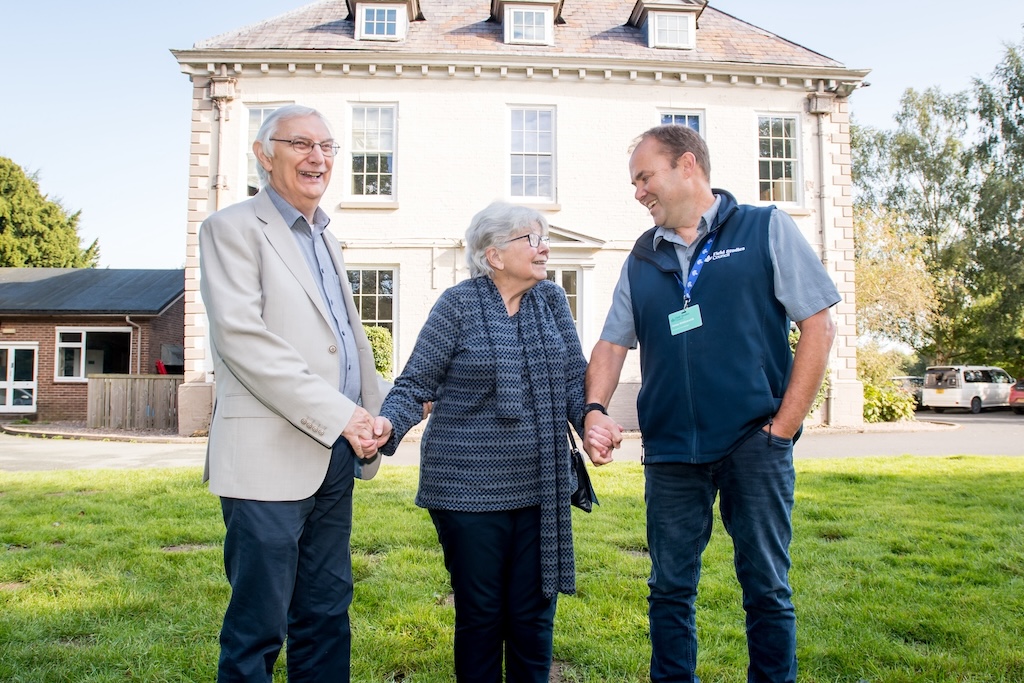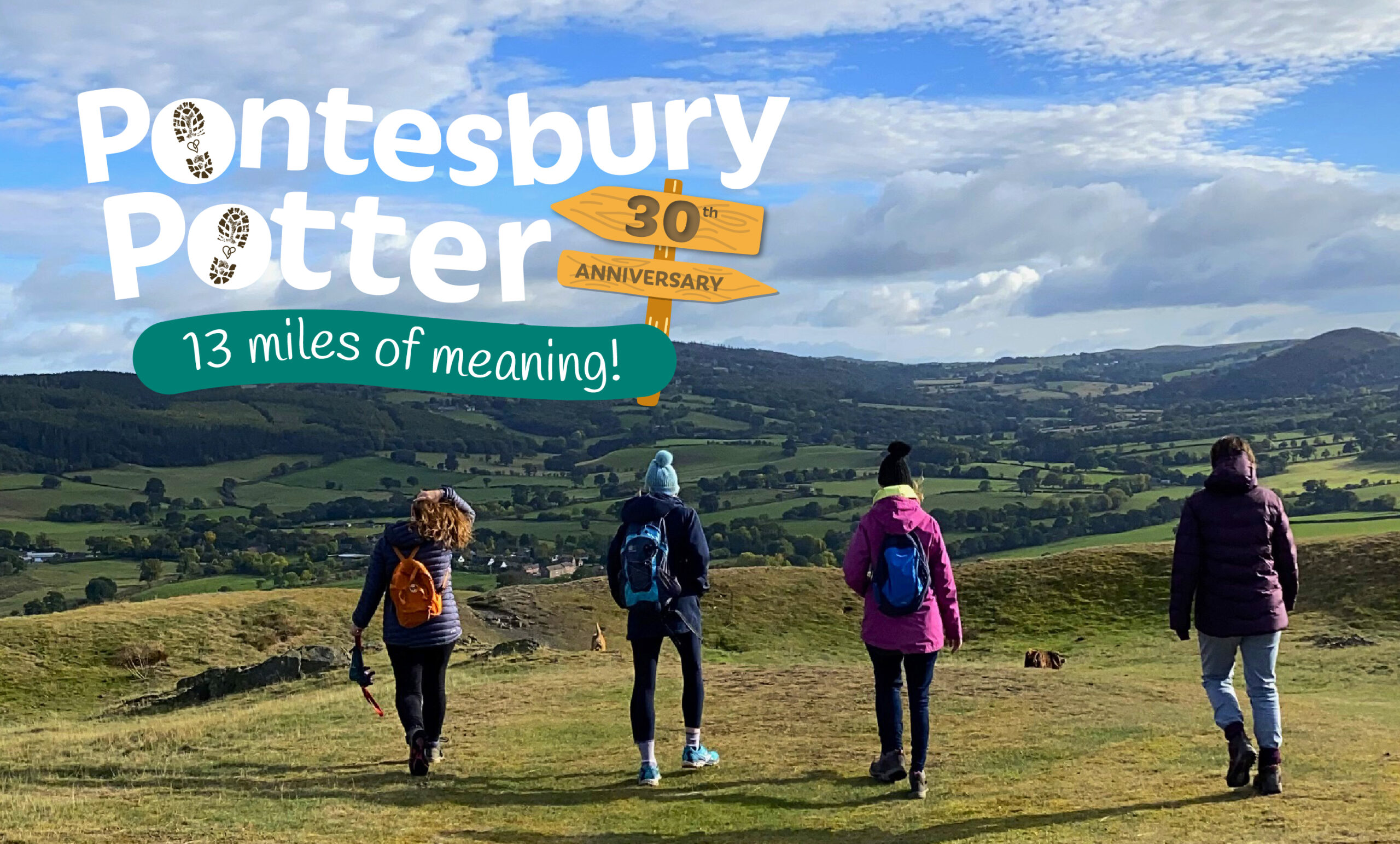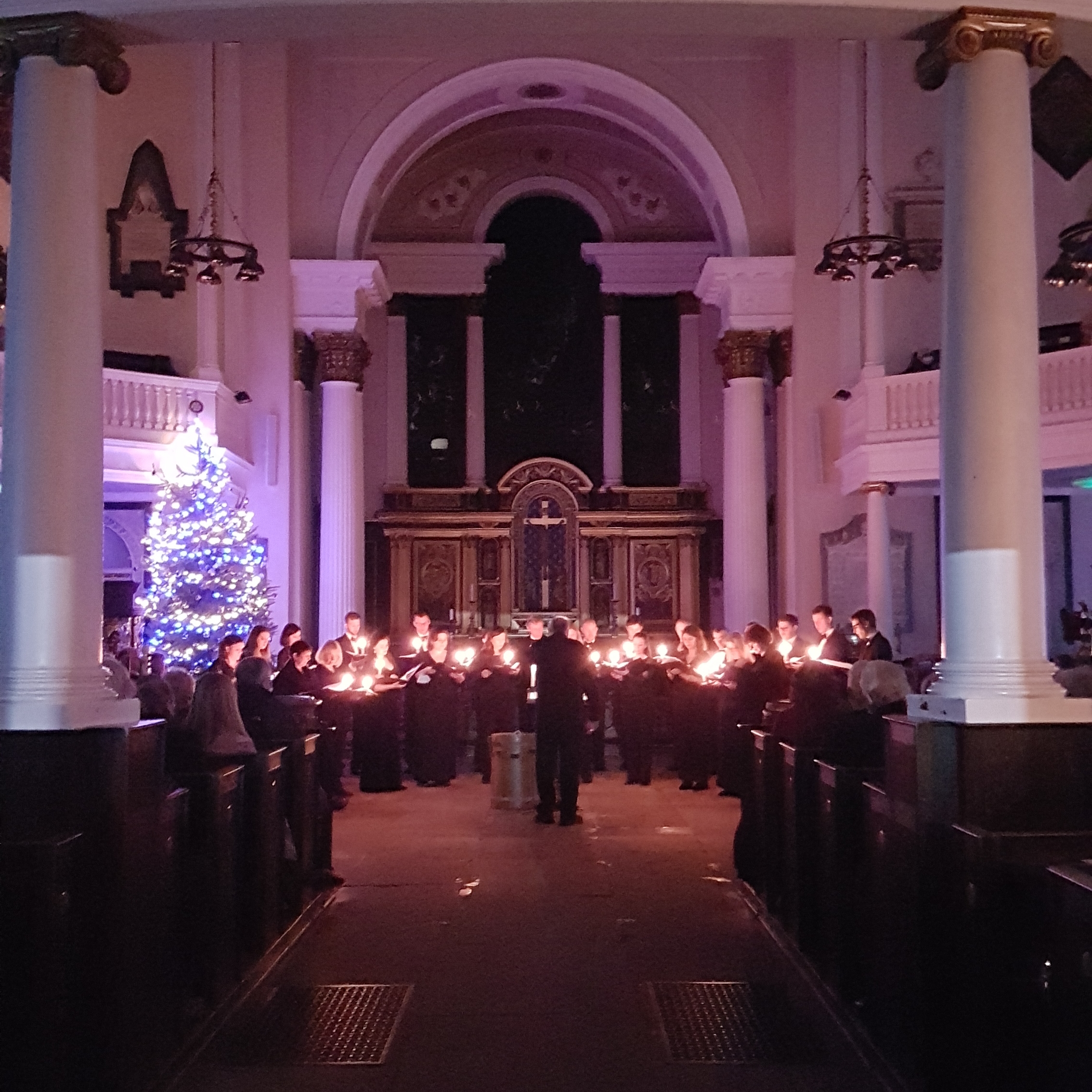A leading scholarship programme designed by a Shropshire charity to inspire young learners to pursue an environmental career has received a major financial boost thanks to the generosity of a retired teacher.
Patricia de Haan has gifted £10,000 to the Field Studies Council which operates a network of UK field study centres from its headquarters at Preston Montford near Shrewsbury.
The funds will be used to enhance the charity’s Young Darwin Scholarship programme which supports up to 75 young people each year to learn a range of practical environmental fieldwork skills that they might need to access a variety of green careers.
Patricia, now 82, said she’d been very fortunate to undertake a similar course at Preston Montford back in the 1960s as part of her A-Level biology studies and that it was this experience which inspired her love of the natural world and kickstarted her long distinguished career as a teacher.
“Now, I want to give something back,” she said during a return visit to Preston Montford after almost 60 years.
“When I came to Preston Montford, I studied ‘The Meres and Mosses of Shropshire’ course. Back then this was the equivalent of the Young Darwin Scholarship and I was incredibly fortunate to be gifted the opportunity. It set me off on a wonderful path and I’ve come a long way in my career.
“Now, I want as many other young people as possible who already have an interest and passion for the environment, but perhaps lack the opportunity or finances, to benefit from a similar experience.”
Patricia’s generosity will help fund 11 additional places on the Young Darwin Scholarship programme.
Mollie Clay, biodiversity learning development office for the charity, said: “We cannot thank Patricia enough for her generosity and for being a life-long advocate of the Field Studies Council and our work to ensure people of all ages have the opportunity to connect and learn about nature.
“The Young Darwin Scholarship is one of our flagship schemes offering heavily subsidised opportunities for young people aged 16-25 to learn an important mix of field study skills which will equip them for future environmental-related careers.
“Not only do they get taught the techniques and usage of a range of skills, but they also gain access to mentors and ongoing career advice. Our hope is that scholars will go on to have a successful and fulfilled career caring for and about the environment, just like Patricia. She’s been instrumental and inspirational in helping to lead the way on the importance of biological fieldwork.”
Gemma Edmonds, Field Studies Council fundraising manager, added: “Now more than ever, young people are missing out on outdoor environmental education. Outdoor learning opportunities for all are under threat with schools and parents increasingly struggling to meet the costs.
“We are oversubscribed four-fold when we offer support for disadvantaged children and young adults struggling to find their way. Donations such as Patricia’s are invaluable to us, ensuring that we can support more people and those that need it most.”
Patricia grew up in Dawley and, as Pat Miles, studied at the former Coalbrookdale County High School. Her childhood days were spent playing and exploring the plants and wildlife that inhabited the area’s old pit mounds and mining sites. It was these early explorations which taught her to love the natural world around her.
“I didn’t really know at the time how specialised the flora was in this area but I was fascinated from a really young age.”
The Field Studies Council ‘Meres and Mosses’ week-long residential course cemented that passion further – helped in large part by the number of high calibre and inspirational lecturers she encountered during her stay.
They included Field Studies Council ecology and conservation lecturer Charles Sinker; the late Francis Rose MBE – famous English botanist, author and conservationist – and his then demonstrator, David Bellamy, who went on to bring the natural world to life for millions of people through his lively and enthusiastic television broadcasts.
“I enjoyed every minute of that week at Preston Montford – the teaching, the learning, the people (seeing David fall into a bog!) and life at the centre itself. I was hooked,” said Patricia.
It was also the start of her life-long affiliation with the Field Studies Council.
After completing her A-Levels, she embarked on a teacher training course in London using notes from the Meres and Mosses course as the basis of her dissertation.
Once qualified, she became a teacher of biology passing on her knowledge, skills and enthusiasm of the natural world to secondary school children. After some years teaching, Patricia went on to become a lecturer in biology and applied science at the College of All Saints in North London, a teacher training college, where she continued to take her students to Field Study Centres at Flatford Mill in Suffolk and the former field centre at Kindrogan in the Central Highlands of Scotland. Here they learned essential field skills which they, in turn, took back into the classroom
When asked her views on the continued importance of fieldwork in education, she said: “It’s vital we continue to get young people out into the natural world. They cannot feel or understand the environment around them without being in it. It’s about teaching students to look rather than just to see.
“For example, teaching students about a certain kind of habitat in the classroom is fine but they need to get out and look at it too. They need to understand it, examine it and measure it and then ask themselves what if? What would happen if the conditions of that habitat changed? They need to learn that everything in the environment interacts and it’s not easy to do that in the classroom.
“What’s more, when you take students out of the classroom, their interrelationships change. Out of the formal situation of a classroom or lecture theatre they behave differently, important social skills develop and that’s really important too.”
It’s for all these reasons that the Field Studies Council is committed to ensuring that fieldwork is firmly embedded for all students as part of the current review of England’s curriculum.
Patricia also went on to establish and teach courses in Natural History Photography and Industrial Archaeology for the charity, working alongside her late husband, Brian Bracegirdle – also a keen photographer, lecturer and field studies enthusiast. She was awarded Fellowship of the Royal Society of Biology for her work in teaching and authorship.
The remainder of Patricia’s career was spent working as a local authority Inspector of Science and Technology and as Director of Educational Services for a London Borough.
She moved back home to Shropshire in 2016 and now lives with her husband David, in Madeley.
She continues to enjoy Botanical Illustration, a skill developed at, of course, a field study centre.
CAPTION: Patricia de Haan and her husband David enjoy a tour of the Field Studies Council site at Preston Montford with centre manager Arran Holdsworth.






